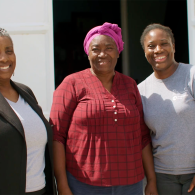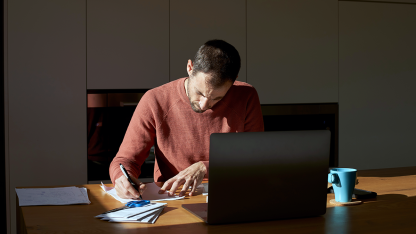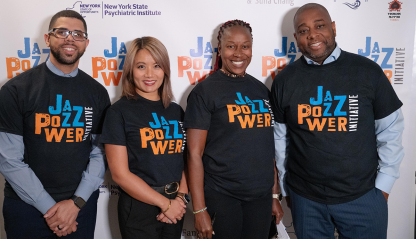See you in a bit
You are now leaving our website and entering a third-party website over which we have no control.
Continue to site
Return to TD Stories
Neither TD Bank US Holding Company, nor its subsidiaries or affiliates, is responsible for the content of the third-party sites hyperlinked from this page, nor do they guarantee or endorse the information, recommendations, products or services offered on third party sites.
Third-party sites may have different Privacy and Security policies than TD Bank US Holding Company. You should review the Privacy and Security policies of any third-party website before you provide personal or confidential information.



















